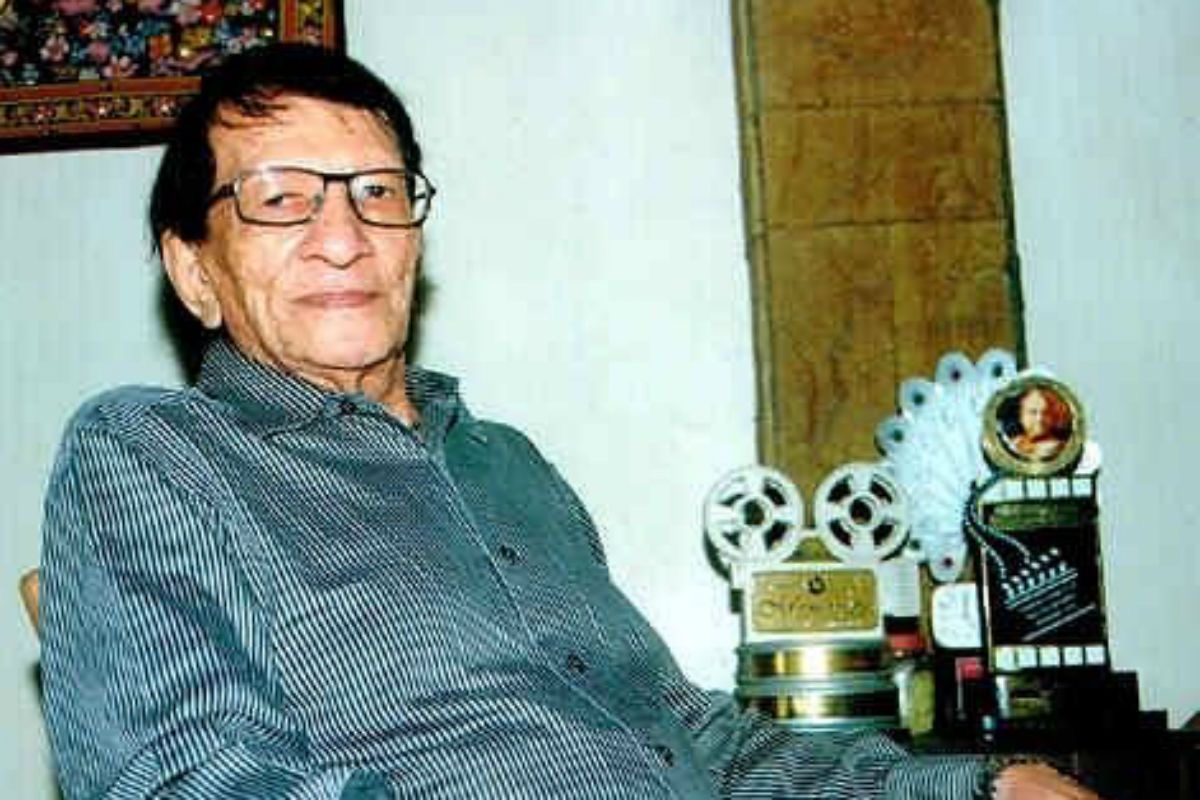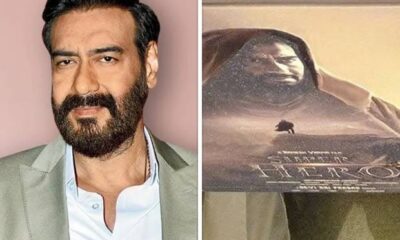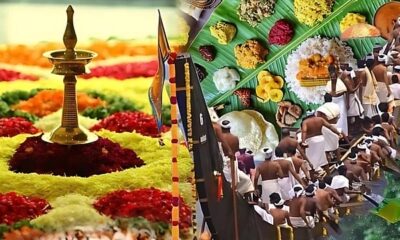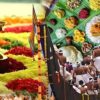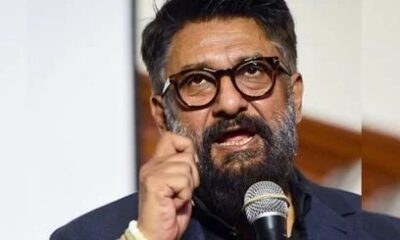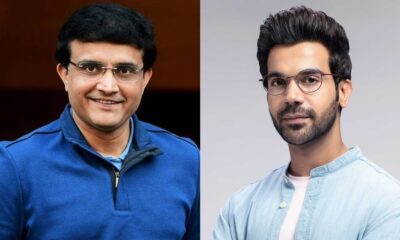Meet Yogesh Gaur Acclaimed lyricist
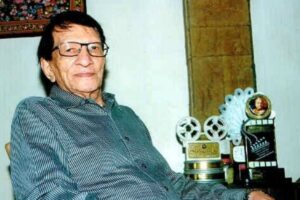
Yogesh Gaur was Hindi Cinema’s veteran lyricist acclaimed for his meaningful lyrics like “Kahin Door Jab Din Dal Jaaye” and “Zindagi Kaisi Hai Paheli” “AAaye Tum Yaad Mujhe,” “Badi Sooni Sooni Hai,” Mili “Kai Baar Yuheen Dekha hai,” “Rajnigandha Phool Tumhaare” (Rajnigandha), and many more.
Yogesh Gaur, professionally acknowledged embarked on a journey to Bombay (,later Mumbai) at the tender age of 16 to make his dream come true of making it big in the world of cinema. Noted screenwriter Yogendra Gaur was his cousin.
Reportedly Yogesh struggled for a few years before making his debut in the 1962 film “Sakhi Robin,” where he penned six songs, including the notable “Tum jo aa jao,” sung by Suman Kalyanpur and Manna Dey, and “Tere Dam Se Ye Jahaan Hai” by Mahendra Kapoor.
Yogesh went on to write for many films, but most of them were
B-grade movies, which did little to advance his career. Those films include Junglee Raja Rocket Tarzan Krishnavtar Marvel ManTarzan & Delilah Flying Circus Husn Ka Ghulam Rustam Kaun? Spy in Goa Ek Raat Duniya Nachegi Ek Raat Lutera Aur Jadugar and SOS Jasoos 007. In this period, he mostly worked with Robin Banerjee and G.S. Kohli.
In 1968, he wrote “Sau baar banakar maalik ne sau baar mitaya hoga,” in Ek Raat. The song was composed by Usha Khanna and sung by Rafi. Majrooh Sultanpuri once said that no one can elaborate on ‘husn’ better than this !
His big breakthrough and the most significant milestone in Yogesh’s career came with the 1971 classic “Anand,” directed by Hrishikesh Mukherjee. For this film, Yogesh collaborated with the great Salil Chowdhury and wrote the lyrics for timeless tracks such as “Kahin Door Jab Din Dal Jaaye,” and “Zindagi Kaisi Hai Paheli,” which not only garnered widespread acclaim but also cemented his reputation as a lyricist of extraordinary depth and sensitivity.
The collaboration between Yogesh and Salil Chowdhury produced some of the most memorable songs in Bollywood history. Salil Chowdhury, a composer with a distinctive musical style that blended Indian classical music with Western orchestral arrangements, found a kindred spirit in Yogesh, whose lyrics were deeply rooted in the human experience and emotions.
In 1974, they came up with Basu Chatterjee’s “Rajnigandha,” where he penned the National Award-winning song “Kai baar yunhi dekha hai” as well as the film’s title track “Rajnigandha phool tumhare,” both of which resonated deeply with audiences. The duo also worked together on “Chhoti Si Baat” where they sang “Na Jaane Kyun,” “Jaaneman Jaaneman Tere Do Nayan,” and “Yeh Din Kyaa Aaye.”
Together, they worked on films like Asit Sen’s Annadata and Anokha Daan Anokha Milan Mere Bhaiya Sabse Bada Sukh Anand Mahal Minoo Kuhaasa Jeena Yahan Room No. 203 Trishagni Aakhri Badla and Triyacharitra
Throughout his career, Yogesh’s work was characterised by a profound understanding of human emotions, which he articulated through his lyrics with remarkable finesse. His ability to capture the essence of life’s myriad experiences in his songs earned him a special place in the hearts of music lovers.
One of Yogesh’s standout films was Basu Chatterjee’s “Baaton Baaton Mein, where he penned the lyrics for “Na Bole Tum Na Maine Kuch Kaha,” a playful and romantic duet that beautifully captures the nuances of budding love, and the deeply philosophical “Kahan Tak Yeh Man Ko Andhere Chalenge,” both composed by Rajesh Roshan. The same year, he wrote “Rimjhim Gire Saawan” for Basu Da’s “Manzil.” He also wrote for Basu Da’s “Priyatama “Jeena Yahan ” “Apne Paraye “Hamari Bahu Alka “Shaukeen” Pasand Apni Apni i”,Lakhon Ki Baat ” “Kirayadar and “Sheesha.
Some of his other noteworthy films include Bansi Birju, Honeymoon Chala Murari Hero Bann Besharam Dillagi Do Ladke Dono Kadke Rang Birangi Sheesha Jeena Marna Tere Sang Aaja Meri Jaan English Babu Desi Mem and many more.
Yogesh’s collaborations with composers like Usha Khanna, R.D. Burman, Rajesh Roshan, Manas Mukherjee, and Nikhil Vinay in the 1990s remain memorable. Some of his famous songs include “Nain Hamare Saanjh Sakaare Annadata “Maine Kaha Phoolon Se,” “Badi Sooni Sooni Hai Zindagi Yeh Zindagi,” Aaye Tum Yaad Mujhe” in Milli “Khoye Ho Aakhir Kis Bekhudi Mein,” “Naa Jaane Din Kaise” (Chala Murari Hero Banne),” “Koi Roko Naa Deewane Ko (Priyatma),” “Main Kaun Sa Geet Sunaoon (Dillagi), “Yeh Rang-E-Mehfil (Shaukeeen),” and many more.
The lyricist’s journey came to an end on May 29, 2020, when he passed away in Mumbai. However, the legacy of Yogesh’s words continues to live on, echoing through the melodies that have become an indelible part of India’s cinematic history.
News Edit KV Raman


